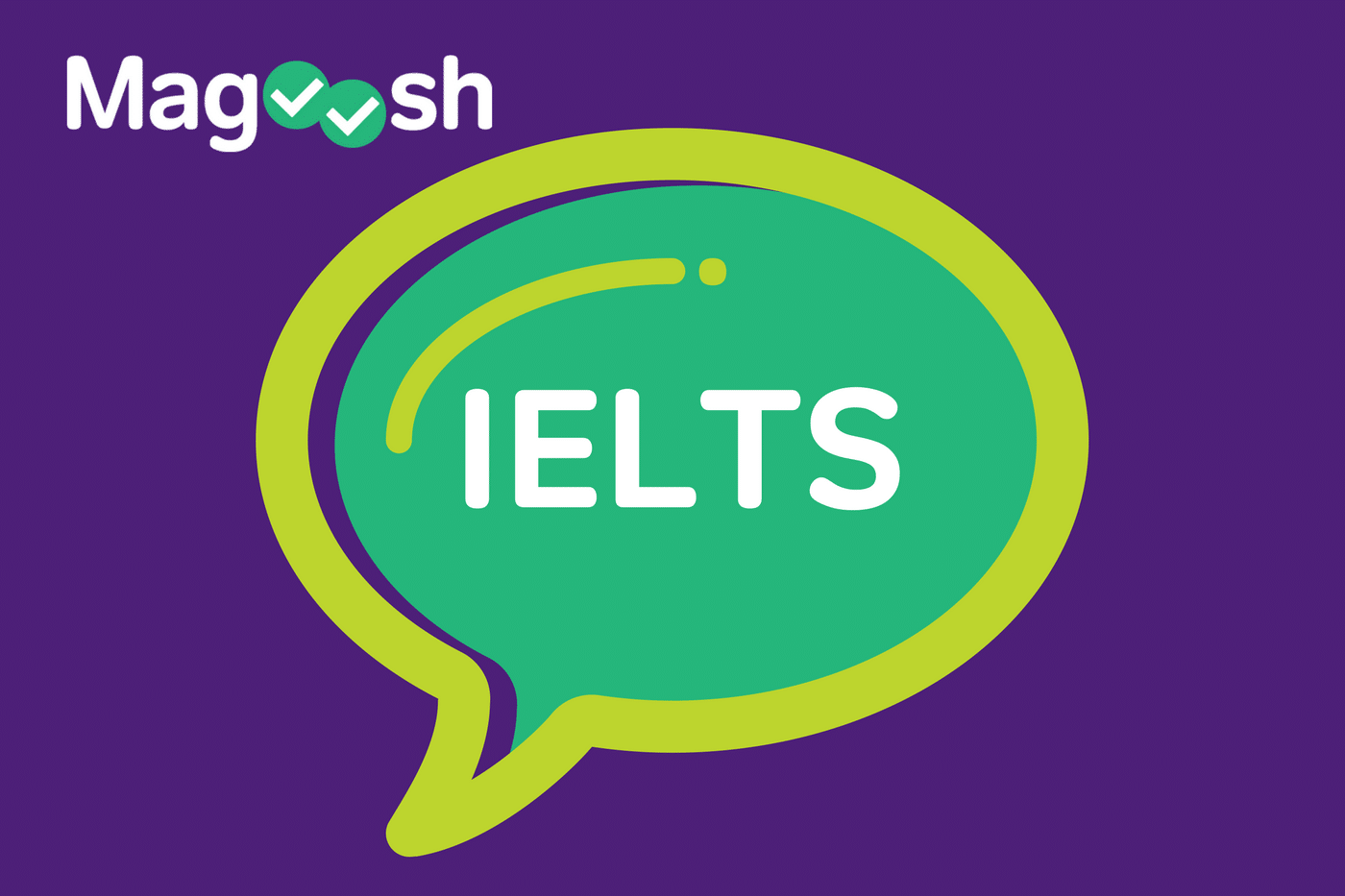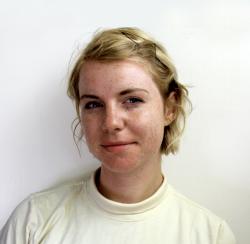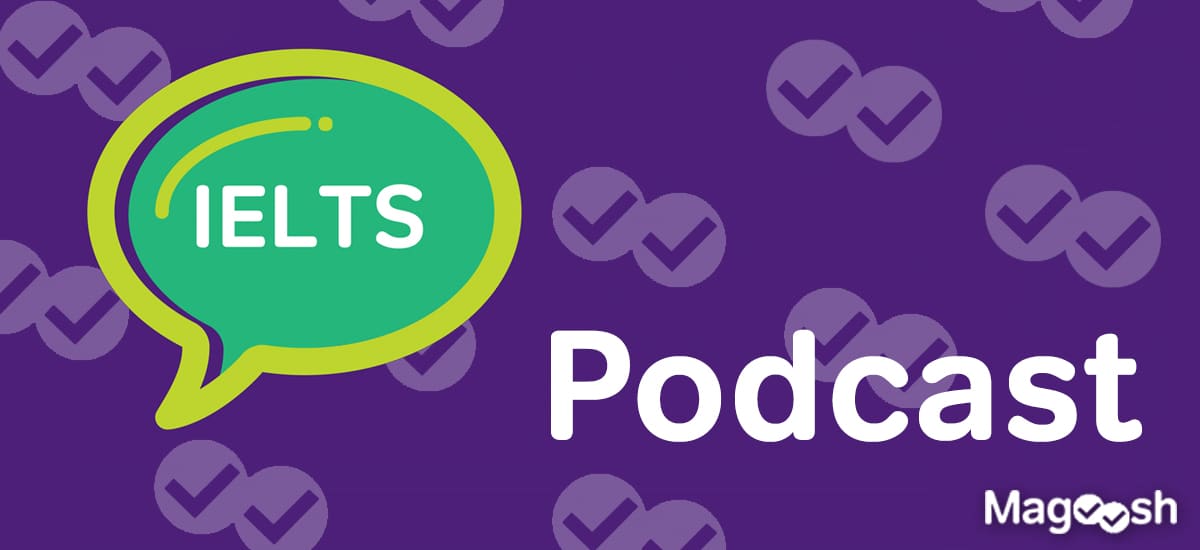
Vocabulary Lesson 2: Environment
Listen and subscribe on Stitcher or iTunes. Or listen right here:
In this episode of the Magoosh IELTS podcast, your teacher Eliot Friesen explains how to use four words all related to the environment: Pollution, Erosion, Emissions, and Sustainable.
You’ll likely see this vocabulary in the reading passages on your IELTS exam.
If you like this lesson, please subscribe on iTunes or Stitcher for more IELTS Vocabulary lessons, and check out all of our IELTS Podcast episodes here!
Download the complete list of IELTS Vocabulary words.

IELTS Podcast – Episode 2 Transcript
(Translations: русский, 普通话, فارسی, Tiếng Việt)
Welcome to the Magoosh IELTS Vocabulary Podcast. This is Lesson 2. In this episode, we will cover 4 words all related to the environment: Pollution, Erosion, Emissions, and Sustainable.
Don’t forget to check out our show notes for a link to your free IELTS vocabulary list containing these words and others, and visit IELTS.Magoosh.com for more great resources to improve your IELTS band score.
Let’s get started.
I’d like to introduce you to your teacher, Eliot. He is the Magoosh IELTS expert and, here’s a fun fact about Eliot: he’s is a scuba diver who is passionate about ocean conservation!
Eliot Intro
Hello Magoosh IELTS podcast listeners, welcome to today’s show. I’m Eliot, the IELTS expert from Magoosh. Today, we’re going to look at four words that you are likely to see in the reading passages on your IELTS exam.
Now, I did tell you that you don’t need to memorize all of the specialized words that you’ll see in IELTS Reading. However, it is still helpful to look at a few common words from the most common topics in IELTS Reading passages.
I’m talking about the environment and life sciences. The IELTS loves these two closely related topics. Below are some environment and life science words that you are likely to see somewhere in the Reading section.
Make sure to go to the link in the show notes to get the full list of vocabulary words.
The theme for the words in today’s episode is the environment, and the relationship between the environment and humankind.
Pollution
So let’s get started. The first word on our list is pollution. So let’s start with that one, okay?
Pollution, what does it mean?
Well, “pollution” describes things from the human world that enter the environment and harm it. Pollution is contamination that makes the environment impure.
So one example of pollution is the garbage that we dump into the rivers and oceans.
This garbage can release toxic chemicals into the water, killing plants and animals, and destroying ecosystems.
Another example of pollution is the smoke that our cars and factories release into the air.
In many big cities around the world, the smoke from factories and cars has caused so much air pollution that the air isn’t safe to breath anymore. In these cities, you will see people wearing breathing masks to protect themselves from the pollution in the air.
When humans put harmful things into the environment, it damages the environment.
That’s pollution.
Erosion
The next word is erosion.
So “erosion” is when dirt or sand gets removed from the surface of the earth by wind or water. When dirt washes or blows away, plants die off, and ecosystems change. Erosion is what we call this process of soil being worn away, causing changes in the environment.
One example of natural erosion is the Grand Canyon in Arizona. This giant gorge was formed by the Colorado River wearing down the rock over many centuries. The erosion caused by the river is what created the beautiful canyon we see today.
Not all erosion is natural. Human activities can also often lead to erosion. When humans cut down trees, the soil beneath the trees is exposed. Without the trees to stop the wind, or the roots to hold the soil together, erosion will take place much more quickly. This is one way in which humans are responsible for erosion.
When the soil is worn away nothing can grow there anymore.
So that’s erosion.
Emissions
The next word is emissions.
“Emissions” refers to any kind of gas, smoke, or air that is released into the environment. We often use the word “emissions” to describe the pollution that humans are putting into the air.
So for example, when a factory produces smoke, we call this smoke the factory’s emissions.
Many human activities produce emissions that pollute the environment, and scientists have advised that we reduce our emissions in order to protect the planet.
One of the reasons that electric cars are becoming more popular is that they produce fewer emissions than traditional gas-burning cars.
So that’s emissions.
Sustainable
The final word for today is sustainable.
To be sustainable is to not cause damage to the environment or use up all of a resource. If an activity is sustainable it means that the activity can be continued indefinitely without environmental consequences.
Solar power is an example of a sustainable energy source. We will never run out of sunlight, and setting up solar panels doesn’t create much pollution. The fact that we can keep using solar energy without destroying the environment or completely using up the sun’s energy is what makes solar energy sustainable.
Oil is an example of an energy source that is not sustainable. Eventually we will use up all the oil stored in the earth. Drilling for oil also hurts the environment, which could one day lead to the earth becoming too damaged to continue supporting life. Oil is not sustainable.
If something’s sustainable it means we can keep doing it.
So that’s sustainable.
Outro
Great! In this episode you learned 4 words related to the environment—for more vocabulary, download the full list of vocabulary in the show notes and tune in to the next episode.
If you like our show, help us out by leaving a rating and review in iTunes and don’t forget to hit the subscribe button. Until next time! This is Naomi at Magoosh wishing you happy studying.



Leave a Reply